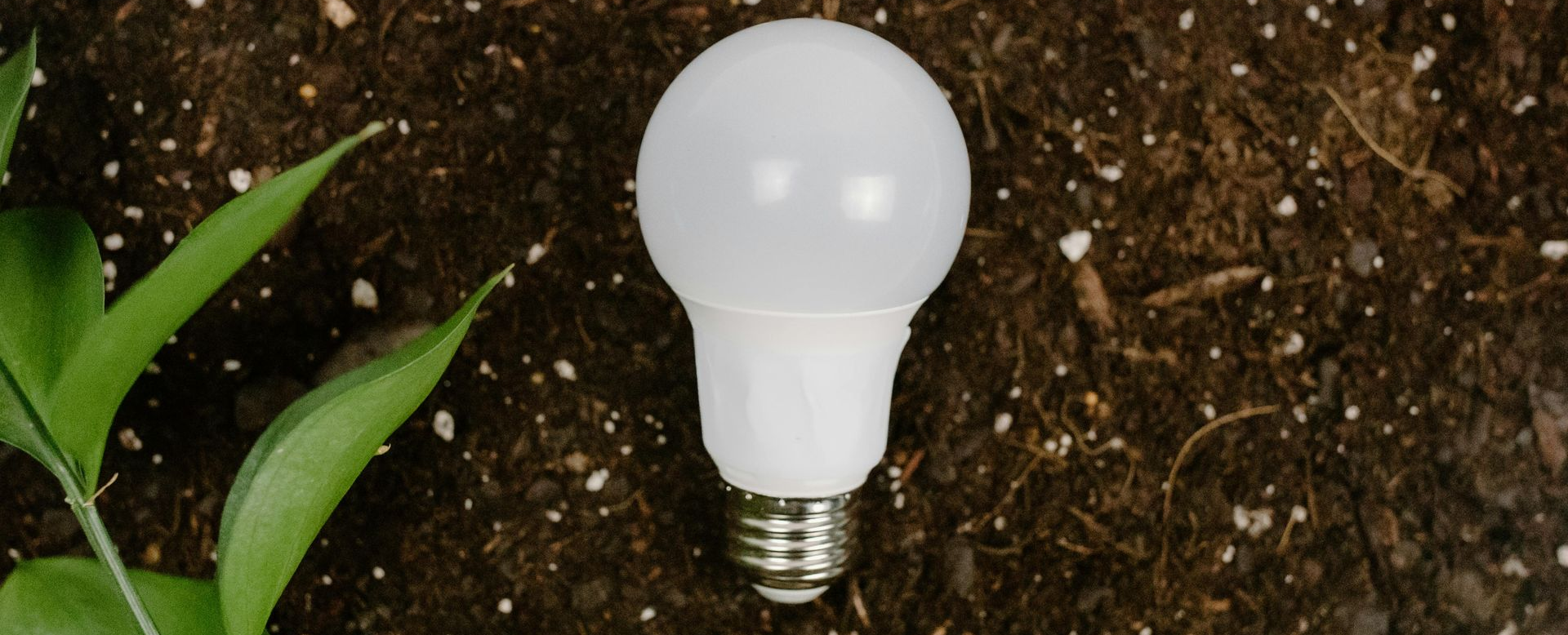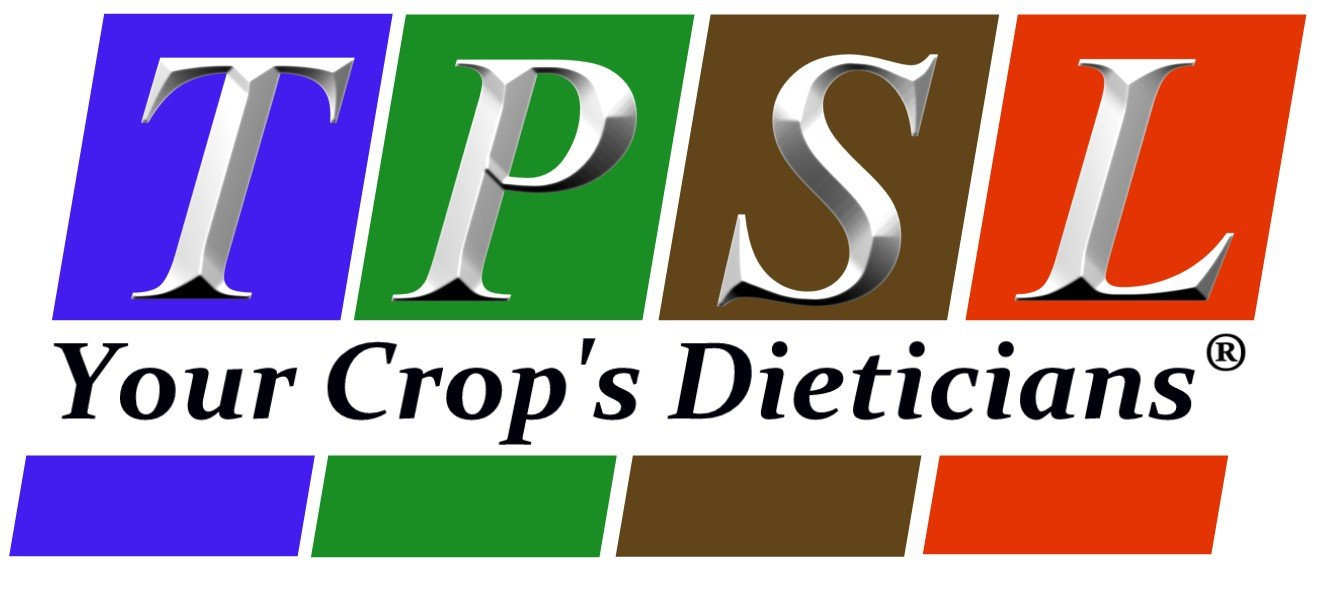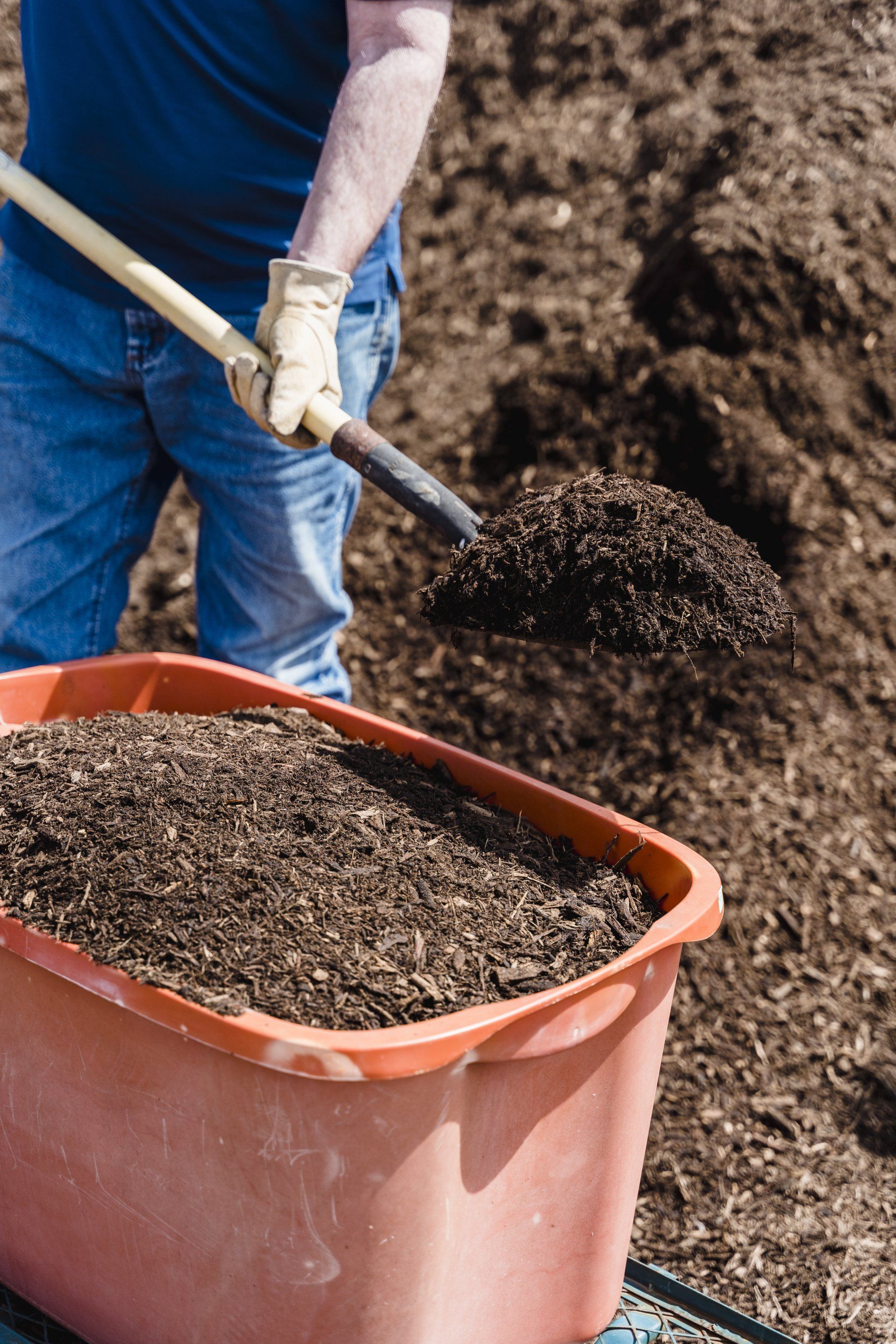Planning Your Compost Program
Why You Should Test Before You Spread

For commercial compost producers, fall is more than just the end of the growing season — it’s the beginning of the next one. Whether your compost is destined for farm fields, landscaping projects, or retail packaging, now is the time to validate its quality before it’s applied or sold.
Compost that looks good isn’t always ready — and what your customers can’t see can hurt them (and your brand). That’s why laboratory compost testing is a critical quality control step that separates professional producers from backyard operations.
Why Fall Is Prime Time for Compost Testing
As summer piles finish curing and the weather cools, many composters begin turning material, screening, and prepping batches for winter or early spring sales. Testing now provides:
- Lead time for adjustments before material goes out the door
- Proof of maturity and safety for customers and specifiers
- Validation of nutrient content and value for pricing and labeling
Whether you're selling bulk or bagged compost, you want confidence that your product performs.
What to Test For (and Why It Matters)
At TPS Lab, we test compost for the parameters that matter most to your buyers and regulators:
Nutrient Content (NPK + Micronutrients)
Knowing the actual nutrient load (nitrogen, phosphorus, potassium, calcium, magnesium, etc.) helps:
- Price your compost competitively
- Support agronomic recommendations
- Avoid over-application concerns
Maturity & Stability
Unfinished compost can rob nitrogen from soil, create odor issues, or cause phytotoxicity in plants. Testing methods like Solvita CO2 or C:N ratio assessments help determine:
- Is the compost finished?
- Will it perform as expected?
pH and Soluble Salts (EC)
These two metrics are especially important for:
- Blending compost into potting mixes or topsoil
- Determining suitability for sensitive crops or seedlings
Pathogen Testing (Salmonella & Fecal Coliform)
If you sell to landscapers, municipalities, or organic operations, pathogen-free compost is a must. TPS Lab offers EPA-approved methods to verify safety.
Heavy Metals (EPA RCRA-8 or CDFA guidelines)
If you’re marketing to DOT, city governments, or landscape architects, compost must meet strict heavy metals limits. Even minor exceedances can disqualify a product.
Stand Out in a Competitive Market
As more buyers ask for lab reports — or require them to meet LEED, DOT, or municipal specs — compost testing has moved from a "nice to have" to a business necessity.
We test composts for producers across the U.S., and many of our clients:
- Use results to qualify for STA certification
- Attach lab reports to bids and RFPs
- Showcase testing in marketing materials to win larger contracts
If you're selling compost commercially, a lab report isn’t a cost — it’s an asset.
Fast Turnaround, Reliable Results
At TPS Lab, we offer:
- Nutrient & maturity testing (5–7 business days)
- Pathogen testing (7–10 business days)
- Heavy metals testing (CDFA, EPA, or Canadian formats)
Sample size: Send 1 gallon per sample in a sealed bag. For pathogen testing, ship overnight in a cooler.
Don’t Spread It Until You Test It
If you're preparing to sell or apply compost this fall, now’s the time to confirm it’s mature, safe, and market-ready.
Or call
956-383-0739 to talk with our team about which package fits your needs. Your compost is valuable — and your lab report should prove it.



